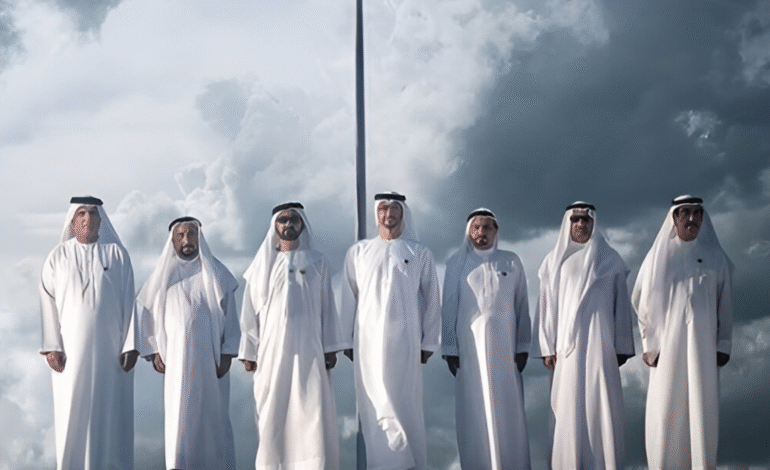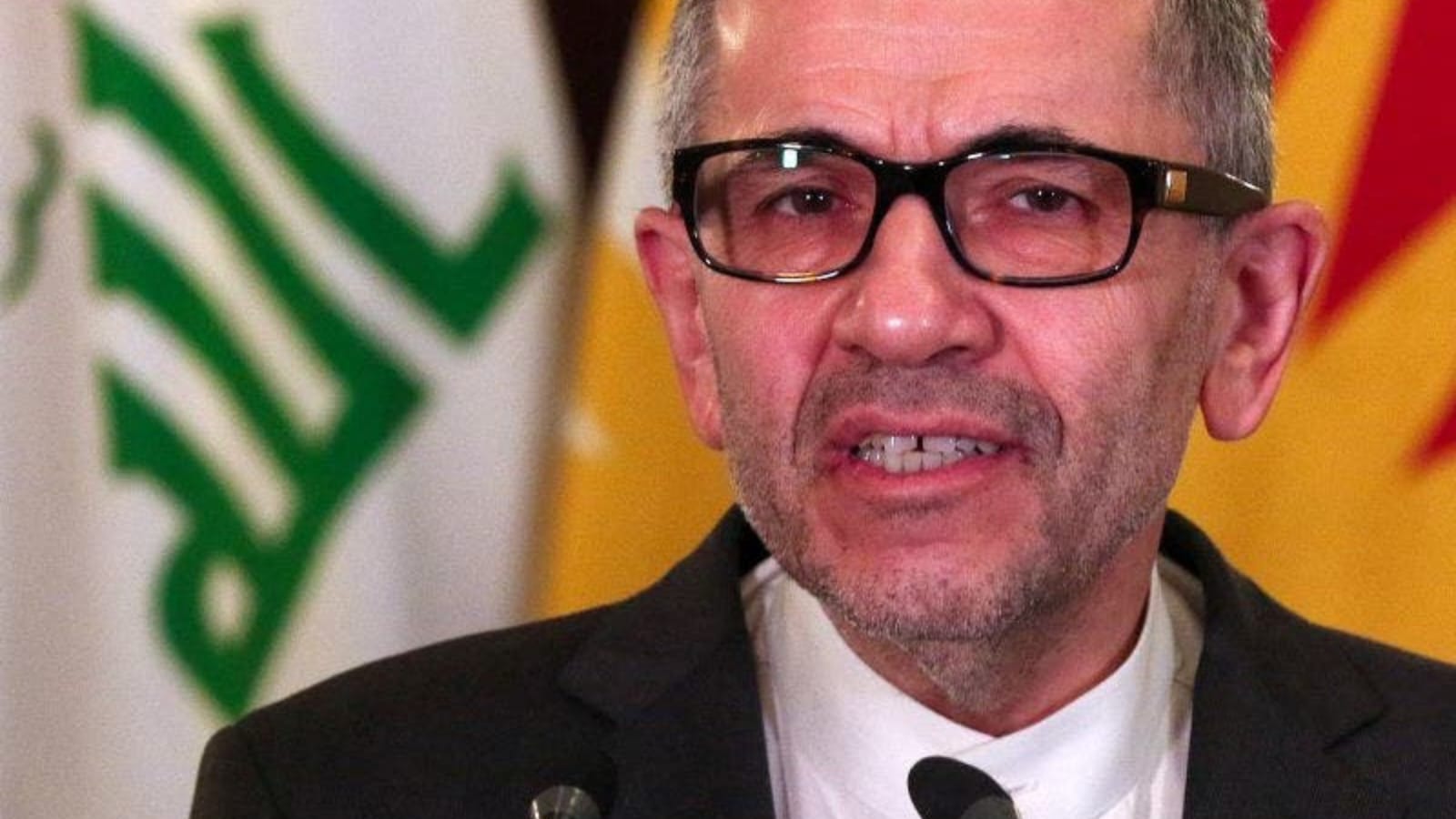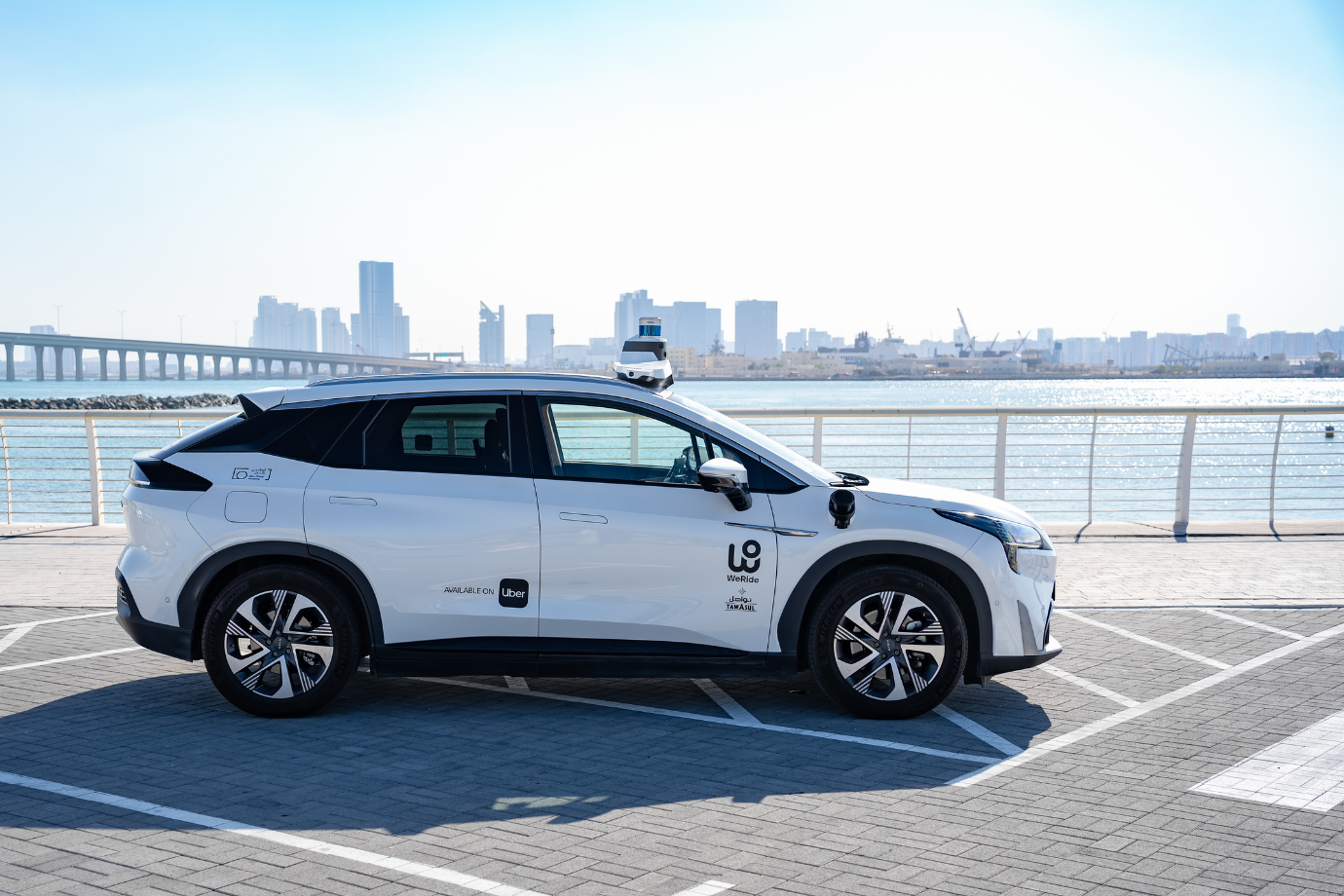UAE Strengthens Anti-Human Trafficking Efforts with Global Cooperation

On July 30, 2025, marking the World Day Against Trafficking in Persons, the UAE reaffirmed its unwavering commitment to eradicating human trafficking, a crime that violates the core of human dignity. Abdullah Sultan bin Awad Al Nuaimi, UAE’s Minister of Justice and Chairman of the National Committee to Combat Human Trafficking, emphasized the nation’s resolve to combat this global issue through innovative technologies, robust legal frameworks, and enhanced international cooperation.
UAE’s Commitment to Eradicating Human Trafficking
The UAE stands as a regional leader in the fight against human trafficking, leveraging a dynamic and evolving framework to address this heinous crime. In his statement, Al Nuaimi underscored the UAE’s dedication to upholding human rights and ensuring justice and transparency through a national digital system. By integrating artificial intelligence (AI) and advanced technologies, the UAE is enhancing coordination among its institutions, streamlining processes, and accelerating efforts to protect victims and hold perpetrators accountable.
This commitment aligns with the UAE’s broader vision of fostering a safe and inclusive society. Al Nuaimi emphasized that human trafficking is a global challenge requiring international collaboration. The UAE is actively strengthening partnerships with countries, United Nations (UN) agencies, and civil society organizations to share expertise and build a unified front against this transnational crime. This approach reflects the UAE’s belief that eliminating human trafficking is a shared responsibility that demands collective action.
Pillars of UAE’s Anti-Trafficking Strategy
The UAE’s strategy to combat human trafficking rests on five key pillars: prevention, prosecution, punishment, victim protection, and international cooperation. These pillars form the backbone of the National Committee to Combat Human Trafficking, established in 2012 to coordinate national and global efforts. The committee’s national action plan outlines a comprehensive approach to tackling human trafficking, ensuring alignment with international standards such as the United Nations Convention Against Transnational Organized Crime and its Protocol to Prevent, Suppress and Punish Trafficking in Persons, especially for women and children, to which the UAE was an early regional signatory.
Prevention
The UAE prioritizes prevention through public awareness campaigns and education initiatives. The government, in collaboration with international organizations, conducts campaigns targeting government officials, recruitment agencies, employers, and vulnerable populations. A 24-hour toll-free hotline, operating in Arabic, English, Russian, and Urdu, allows individuals to report cases of human trafficking, delayed wage payments, or labor violations, ensuring swift action. In 2023, the National Committee to Combat Human Trafficking (NCCHT) allocated AED 4.2 million (approximately USD 1.14 million) to fund these initiatives, demonstrating significant investment in prevention.
Prosecution and Punishment
The UAE’s legal framework is a cornerstone of its anti-trafficking efforts. Federal Decree-Law No. 24 of 2023, which amended Federal Law No. 51 of 2006, defines human trafficking as any act involving the sale, recruitment, transport, or exploitation of individuals through force, coercion, fraud, or abuse of power for purposes such as sexual exploitation, forced labor, slavery, or organ trafficking. The law imposes severe penalties, including a minimum five-year prison sentence and fines of at least AED 1 million, to deter perpetrators. In 2023, the UAE prosecuted 141 alleged traffickers in 44 cases, a significant increase from 50 in 2022, showcasing its commitment to justice.
Victim Protection
Protecting victims is a priority for the UAE, with institutions like the Ewa’a Shelters, Dubai Foundation for Women and Children (DFWAC), Abu Dhabi Shelter and Humanitarian Care Center, and Sharjah Women Protection Center offering comprehensive support. These facilities provide safe housing, medical care, psychological counseling, legal aid, and rehabilitation programs to help victims reintegrate into society. The government also facilitates repatriation for victims unable to return to their home countries and offers immigration status amendments to allow victims to seek employment in the UAE. In 2023, 35 victims were repatriated, and others were supported in finding new opportunities.
International Cooperation
Recognizing the global nature of human trafficking, the UAE actively collaborates with international partners. By exchanging expertise and information with UN agencies and other countries, the UAE strengthens its ability to combat evolving criminal methods. The National Committee has reviewed and updated its policies to address emerging challenges, ensuring alignment with global best practices.
Legislative Advancements: Strengthening the Framework
The UAE’s Federal Decree-Law No. 24 of 2023 represents a significant step forward in its anti-trafficking efforts. This legislation expands the definition of human trafficking to include all forms of exploitation, such as forced labor, prostitution, slavery-like practices, and organ removal. It also introduces stricter penalties and enhanced protections for victims and witnesses participating in criminal proceedings. Proposed amendments to Federal Law No. 51 of 2006 aim to further toughen penalties and expand victim support services, ensuring the law keeps pace with evolving criminal techniques.
The UAE’s adherence to international standards, such as the UN Protocol, underscores its commitment to global norms. By aligning its legislation with these standards, the UAE ensures that its anti-trafficking measures are both effective and sustainable.
Support Systems for Victims
The UAE has established a robust network of support services for human trafficking victims, ensuring their safety and rehabilitation:
- Ewa’a Shelters: These shelters offer temporary accommodation, medical care, and psychological support to victims of human trafficking and sexual exploitation. The SAVE800 hotline and the Ewa’a website provide easy reporting mechanisms.
- Dubai Foundation for Women and Children (DFWAC): Established in 2007, DFWAC is the UAE’s first licensed non-profit shelter, offering safe housing, legal aid, medical care, and reintegration programs for women and children affected by human trafficking and domestic violence.
- Abu Dhabi Shelter and Humanitarian Care Center: This center, affiliated with the Department of Community Development, provides comprehensive care, including counseling and rehabilitation, in coordination with relevant authorities.
- Sharjah Women Protection Center: This facility offers similar support, focusing on psychological and social care for women victims.
- Social Support Centers in Abu Dhabi: Operated by the Abu Dhabi Police, these centers collaborate with other institutions to provide holistic support.
- General Department of Human Rights in Dubai: Under Dubai Police, this department offers temporary shelter, visas, and travel assistance for repatriation.
These institutions reflect the UAE’s commitment to victim empowerment, ensuring survivors receive the care and support needed to rebuild their lives.
Leveraging Technology to Combat Human Trafficking
The UAE is at the forefront of using advanced technologies, including artificial intelligence, to combat human trafficking. By integrating AI-driven solutions, the UAE enhances its ability to detect trafficking networks, streamline investigations, and coordinate responses among agencies. These technologies enable faster identification of victims and perpetrators, ensuring timely interventions. Al Nuaimi highlighted that this tech-driven approach is critical to addressing the evolving nature of human trafficking crimes.
International Recognition and Challenges
The UAE’s efforts have earned recognition on the global stage. The U.S. Department of State’s 2024 Trafficking in Persons Report notes that the UAE, while not fully meeting minimum standards, is making significant progress, remaining on Tier 2 due to increased prosecutions and legislative advancements. The report highlights the UAE’s 2023-2025 action plan, developed with international organizations, to address gaps in its anti-trafficking response.
However, challenges remain. The evolving nature of human trafficking requires constant adaptation to new criminal methods. The UAE’s National Committee is addressing these challenges by reviewing policies and fostering international cooperation. Additionally, ensuring all victims have access to support services and raising awareness among vulnerable populations are ongoing priorities.








1 Comment
[…] frameworks and those aimed at education, employment, and political representation.Moreover, the anti-human trafficking practices of the UAE have received the appreciation of the world. The nation has very strict laws against trafficking, […]
Comments are closed.